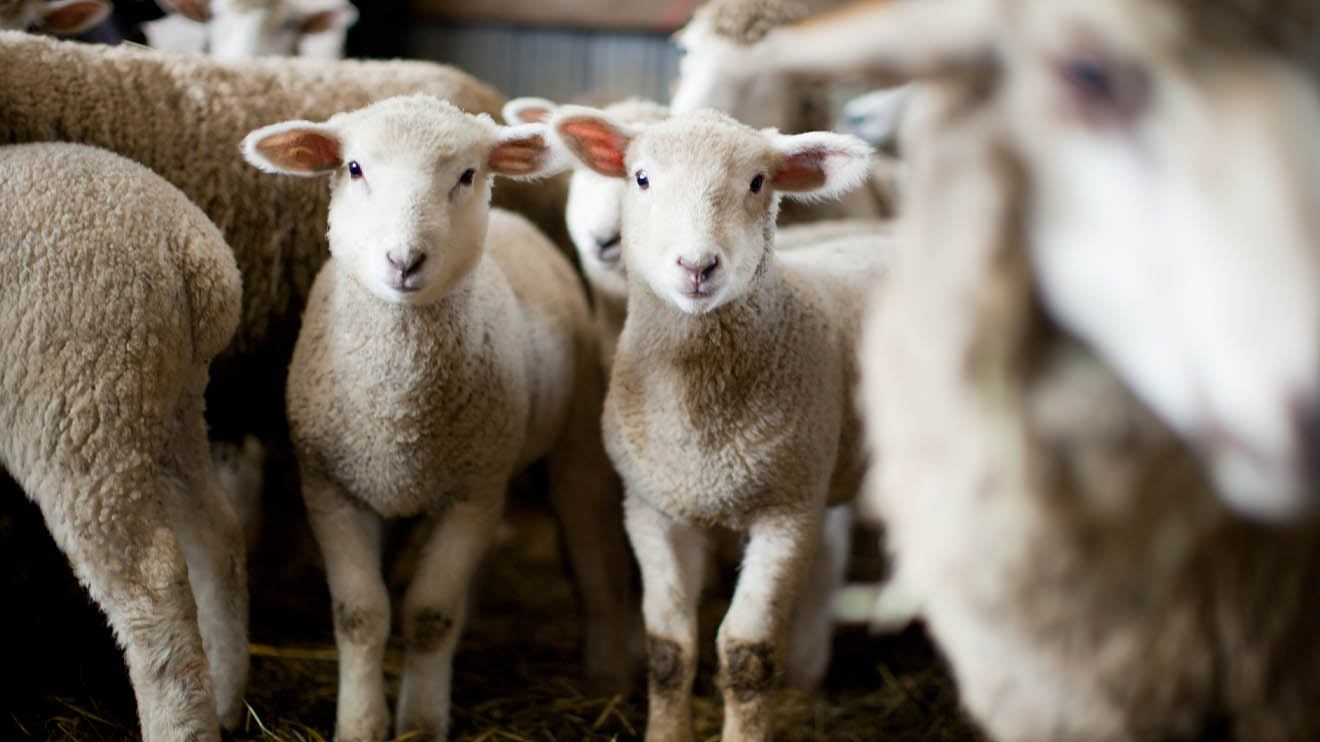Sheep farming has been an integral part of agriculture for centuries, providing wool, meat, and other products essential for human consumption and various industries. However, navigating the landscape of خرید دام گوسفند زنده livestock agriculture is not without its challenges. From environmental factors to market dynamics, several hurdles need to be addressed to ensure sustainable and profitable operations for farmers and the industry as a whole.
Environmental Sustainability
One of the foremost challenges in sheep farming revolves around environmental sustainability. Balancing the needs of the flock with the preservation of the land they graze upon is crucial. Overgrazing, soil erosion, and water resource depletion are significant concerns that demand attention. Implementing sustainable grazing practices, rotating pastures, and utilizing innovative technologies for efficient water management can mitigate these challenges.
Disease Management
Sheep are susceptible to various diseases and parasites that can impact their health and productivity. From internal parasites like worms to external threats like foot rot, farmers must be vigilant in implementing preventive measures. Regular health checks, vaccination schedules, and maintaining hygienic living conditions are essential in preventing outbreaks that can devastate a flock.
Market Volatility
Market dynamics heavily influence the profitability of sheep farming. Fluctuating prices of wool and meat, influenced by factors such as global demand, trade policies, and consumer preferences, can significantly impact a farmer’s income. Diversifying products, exploring niche markets, and establishing strong relationships with buyers can help mitigate the effects of market volatility.
Labor Shortages
Another challenge faced by sheep farmers is the availability of skilled labor. As the agriculture industry faces a shortage of workers willing to take on manual labor, farmers often struggle to find capable hands to manage day-to-day operations. Investing in automation and mechanization can alleviate some of these issues, reducing labor dependency and increasing operational efficiency.
Climate Change
Climate change presents multifaceted challenges to sheep farming. Extreme weather events, changing precipitation patterns, and temperature fluctuations can directly affect the health and well-being of the flock. Adapting farming practices, such as altering shearing schedules to accommodate temperature changes and investing in climate-resilient breeds, can help mitigate the impact of climate change on sheep agriculture.
Technological Integration
While technology offers innovative solutions, adopting it effectively in traditional sheep farming practices can be a hurdle. Integrating technologies like precision agriculture, data analytics for better flock management, and utilizing genetic advancements for breed improvement requires investment and expertise. Providing resources and training to farmers to embrace these technologies is crucial for the industry’s advancement.
